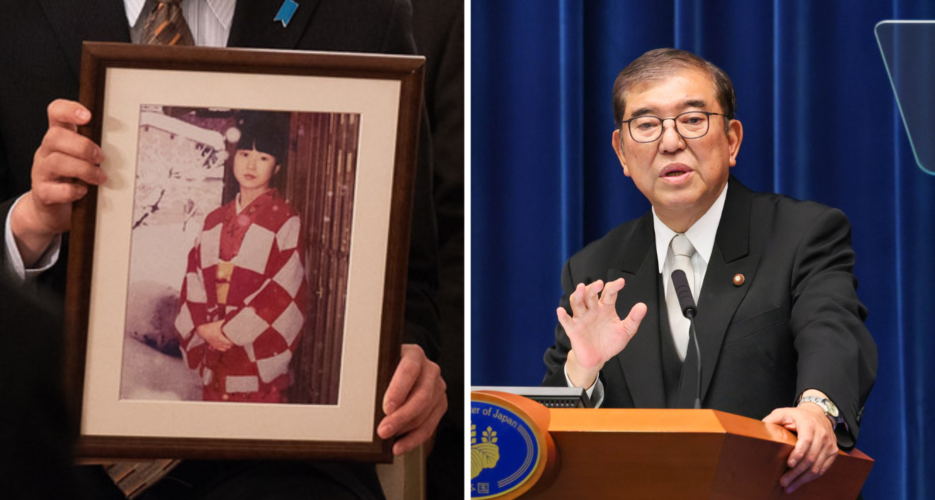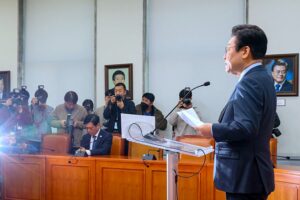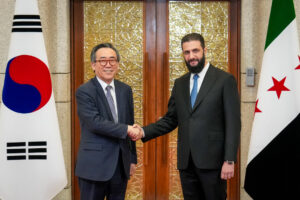Shigeru Ishiba’s election as Japanese prime minister may have set the stage for a new approach to relations with North Korea, but after just barely holding on to power in a snap election, the new leader’s bold ideas to resolve pressing human rights concerns are likely to face challenges from opponents at home and in Pyongyang.
Like his predecessors, Ishiba has often emphasized the need to resolve the issue of the abduction of Japanese nationals in the 1970s and 1980s, one of Tokyo’s main talking points when it comes to the DPRK’s human rights abuses.
Shigeru Ishiba’s election as Japanese prime minister may have set the stage for a new approach to relations with North Korea, but after just barely holding on to power in a snap election, the new leader’s bold ideas to resolve pressing human rights concerns are likely to face challenges from opponents at home and in Pyongyang.
Like his predecessors, Ishiba has often emphasized the need to resolve the issue of the abduction of Japanese nationals in the 1970s and 1980s, one of Tokyo’s main talking points when it comes to the DPRK’s human rights abuses.
Try unlimited access
Only $1 for four weeks
-
Unlimited access to all of NK News: reporting, investigations, analysis
-
Year-one discount if you continue past $1 trial period
-
The NK News Daily Update, an email newsletter to keep you in the loop
-
Searchable archive of all content, photo galleries, special columns
-
Contact NK News reporters with tips or requests for reporting
Get unlimited access to all NK News content, including original reporting, investigations, and analyses by our team of DPRK experts.
Subscribe
now
All major cards accepted. No commitments – you can cancel any time.











